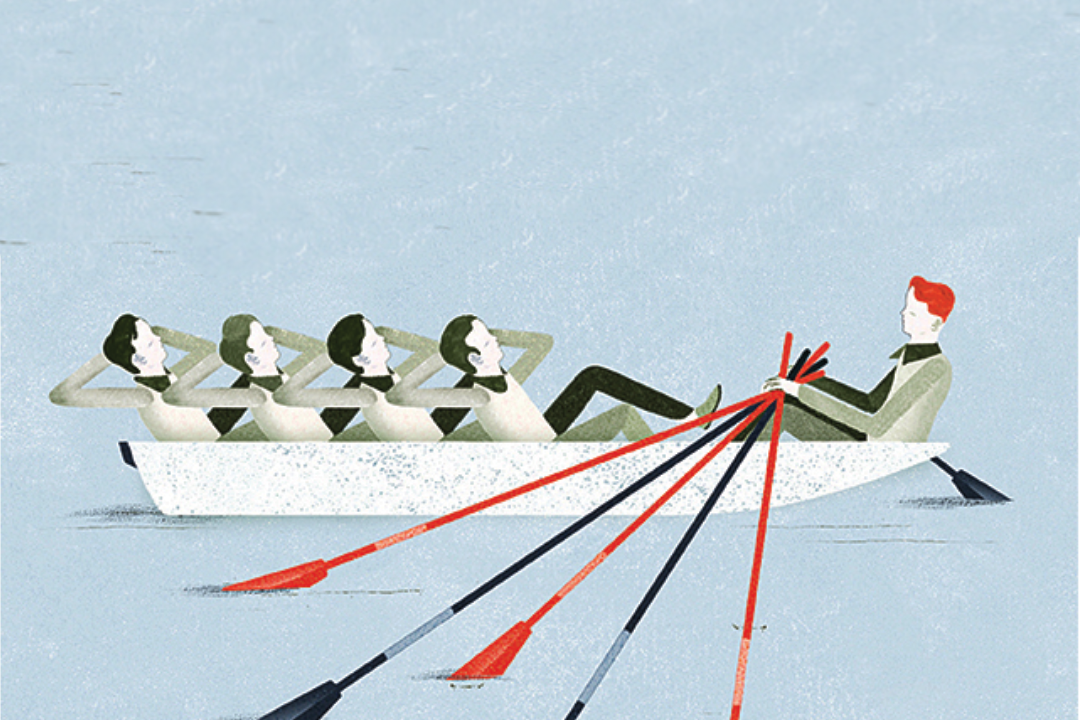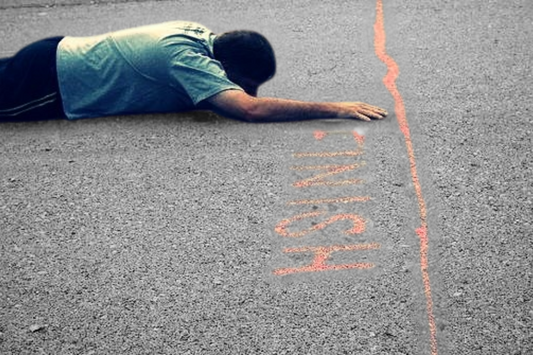You’re Not Their Lifeline—You’re Your Own
(Understanding Codependency in Relationships)
There’s a moment in every therapy room—quiet, raw, unfiltered—when someone whispers,
“I thought I could save them.”
It never starts that way, of course. It begins with love. With hope. With the kind of aching empathy that makes you believe that if you just love them better, they’ll be better.
You’ve seen it too. In Instagram reels. In old Bollywood tropes. In conversations with friends who say things like,
“He’s not usually like this.”
Or worse,
“They’re different when they’re with me.”
And maybe you’ve been that friend. The one who stayed, helped, absorbed, endured. Because somewhere along the way, you were taught that being needed is the same as being loved.
But let’s pause here.
Because sometimes, love isn’t a lifeline. Sometimes, love is a lesson in boundaries.
Why We Want to Save People (Even When It’s Costly)
In a collectivist culture like ours, worth is often woven into sacrifice. We’re raised to be good daughters, supportive partners, dependable friends. We learn early that taking care of others is noble—and that taking care of ourselves is indulgent.
So, it’s no surprise that many of us build our identities around being “useful.” The helper. The fixer. The strong one.
But what we call care can sometimes be control in disguise. When we start measuring our value by how much we can carry for others, we forget that our own arms are tired.
This piece on why boundaries are important might help you understand how early messaging around “duty” often silences our inner voice.
The Psychology of the Savior Complex
Let’s call it what it is: the savior complex. The belief that if you love someone hard enough, they’ll heal. That your love can substitute therapy, medication, accountability, or even the basic will to change.
It’s comforting, isn’t it? This idea that your role is the reason they’ll transform. But here’s the hard truth: people don’t change because you love them. They change when they decide to.
Sometimes, trying to fix someone else is easier than facing our own chaos. This piece on emotional exhaustion explores the subtle ways we wear ourselves down in the name of care.
When Helping Turns into Harm
Love becomes blurry when you start shrinking to keep someone else afloat.
You might:
– Make excuses for their patterns
– Take responsibility for their moods
– Ignore your needs because “they’re going through something”
This article on burnout might offer a mirror to what happens when you keep pouring from an empty cup.
The Path to Healthy Relationships Starts With You
It’s not selfish to center yourself. It’s survival. You’re allowed to say no. To choose rest over rescue. To prioritize presence over fixing.
If You’re Still Reading, Here’s What I Hope You Know
You are not their parent, therapist, or punching bag.
You are not responsible for who they become.
You can love deeply and still choose yourself.
You can walk away and still wish them healing.
You can set boundaries and still be kind.
The person you’re truly here to save… is you.
Explore Further With Thoughtfully Designed Tools
- What Happens After Goodbye? – A reflective game to help you process endings and reclaim emotional space.
- Dots to Ground You – A pocket-sized tool to stay grounded when boundaries feel blurred.
- Sunny Side Up Affirmation Cards – Daily reminders to center your own needs.
Written by the psychologists at The Thought Co.
A space where mental health is made real, relatable, and respectfully stylish.




